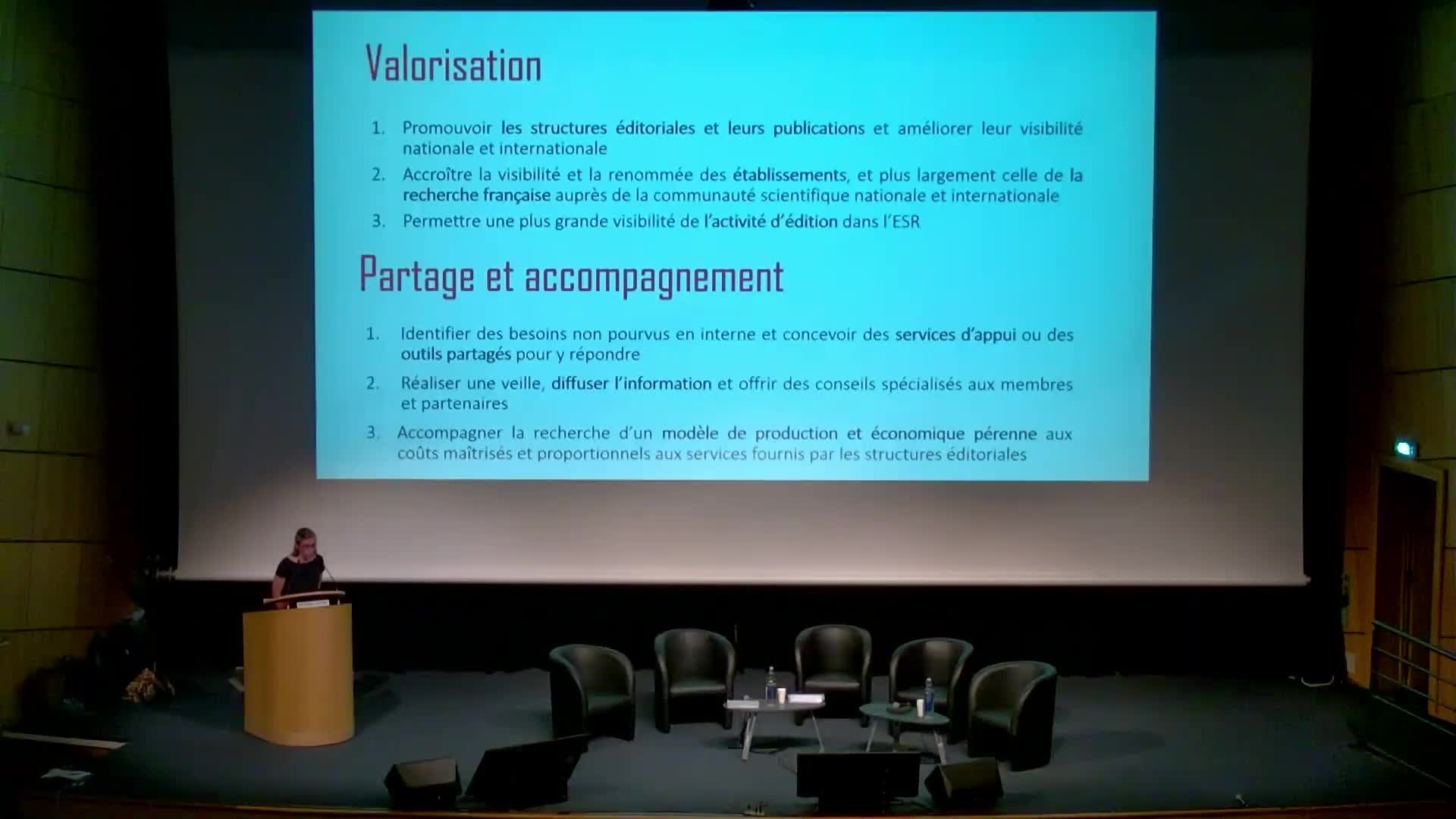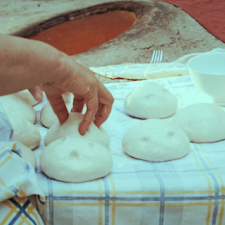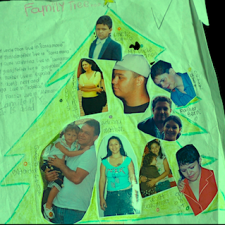Notice
FMSH
Sur le réseau RICEVE, par Clara HAN
- document 1 document 2 document 3
- niveau 1 niveau 2 niveau 3
Descriptif
Interview de la chercheuse Clara HAN lors de la journée scientifique internationale "Jusqu'où dire la violence qu'on explore ?"
Transcription du contenu du podcast (anglais)
Vous écoutez Clara HAN. Elle vous parle en anglais. Elle est membre du Réseau international des chercheuses et chercheurs à l'épreuve des violences extrêmes, autrement nommé RICEVE.
"
My name is Clara Han. I'm an associate professor of Anthropology at Johns Hopkins University. I work on issues obviously of violence and health, but particularly the question in both the two Koreas and in Chile, into quite different sites, but looking at the way in which what we might understand as catastrophic violence finds a place or is nestled in everyday life, particularly the domestic, in ways that we perhaps might not even actually recognize. So, for example, in affliction, in the small ways in which, for example, a child comes to know a world. So these are the kinds of projects that I've taken up. I've looked at questions of police violence, on the one hand, the chronic deprivation from poverty, but also the kind of mass displacement and death that has resulted from the Korean War.
So the question is: how far can we tell the violence that we explore? And I think that's a very difficult question, particularly because it's not exactly in our own hands to tell this violence. And also because we are not necessarily present to ourselves and don't necessarily have contact with experience. And so, the work of the anthropologist, as I see it for myself, is to try my best, if I can, to be attentive to the words and the gestures and the difficulties of reality of the people that I work with. And to also not, in a way, simply gloss over with the use of a kind of handy master concept the difficulties in thinking that these words, gestures, silence, pose to me. One of the issues really is to take… One has to actually take time to be able to endure, with some degree of patience and a kind of discipline, that thinking. Because the thinking cannot be forced and it actually has to…, and this is why one has to be in an intellectual community, because you can't just do this by yourself.
So how far one can tell violence is also not just simply the heroic gesture of an individual researcher, but with the people with whom we work and study, but also with our colleagues that we are in conversation with, as well as with our own, perhaps, families and friends.
"
RICEVE est un réseau soutenu par la Fondation Maison des sciences de l'homme, réalisatrice de cette capsule produite en juin 2022.
Intervention / Responsable scientifique
Sur le même thème
-
-
01. Le soin du détail (Avec Emilie Chanel)
PoncetRomainChanelEmilieCe podcast est proposé par la Chaire Valeurs du Soin, animé par Romain Poncet, ingénieur de recherche en sociologie.
-
-
-
02. Faire de son mieux (Avec Nathalie Vallet-Renart)
Vallet-RenartNathaliePodcast animé par Romain Poncet, ingénieur de recherche en sociologie.
-
-
05. Se plier en quatre (avec Marie Soulhac)
SoulhacMariePoncetRomainAnimation : Romain Poncet, ingénieur de recherche en sociologie.
-
00. Des comptables et des conteurs (Présentation avec Jean-Philippe Pierron)
PierronJean-PhilippeIntroduction à la série de podcasts "Aux Grands Remèdes les Petits Mots".
-
03. Soignants ou Soi-Niant (Avec Sonia Benkhelifa)
BenkhelifaSoniaAnimation : Romain Poncet, ingénieur de recherche en sociologie.
-
Présentation de l'Alliance des éditeurs scientifiques publics français (Alef)
GuitonSéverineSéverine Guiton (France Universités), coordinatrice du projet, présente ici la structuration de l'Alliance Alliance des éditeurs scientifiques publics français.
-
Around the tanur I VO english subtitled
DahdahAssafMarsaudGaelA Yezidi family deals with exile, reconfigures kinship between France and Iraq, and tells its story.
-
Lejos de los ojos, cerca del corazón - Out of sight, close to the heart I VO english subtitled
PalashPolinaThauvinLucAn ethnographic study on intergenerational support within a Colombian family shaped by migration for over 20 years.








